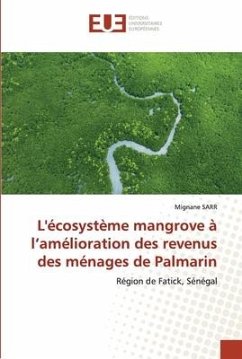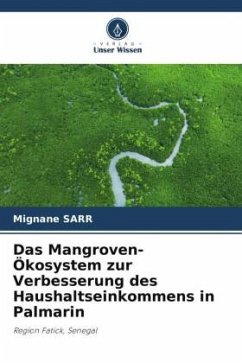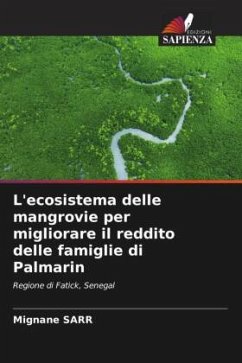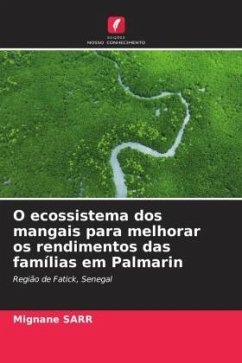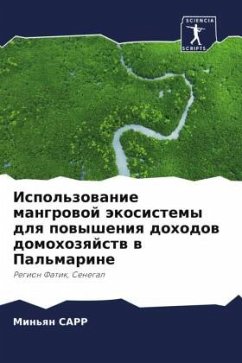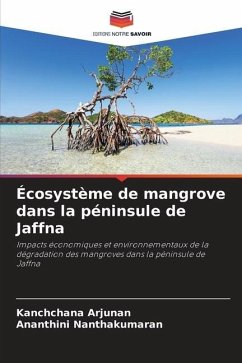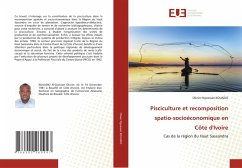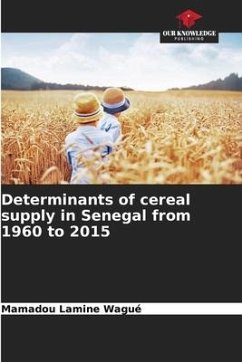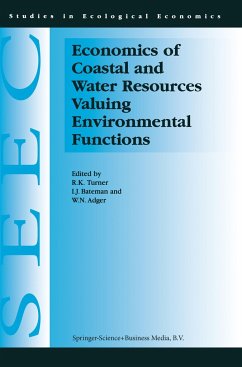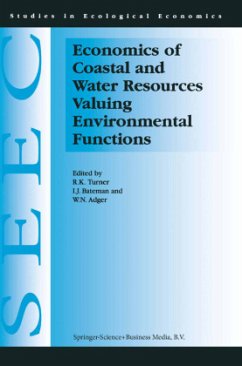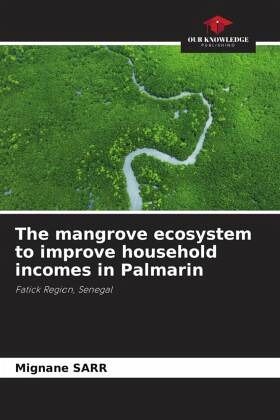
The mangrove ecosystem to improve household incomes in Palmarin
Fatick Region, Senegal
Versandkostenfrei!
Versandfertig in 6-10 Tagen
29,99 €
inkl. MwSt.

PAYBACK Punkte
15 °P sammeln!
In developing countries, the livelihoods and food security of millions of people depend to a large extent on wetlands. The U.C.I.N., the setting for our study, is a major contributor to the interplay between conservation goals and the socio-economic strengths of wetlands. This book focuses on the contribution of the mangrove ecosystem to improving household incomes in Palmarin. Malacological resources play an important role in the island households of the Saloum delta. They represent an opportunity for diversification, enabling households to secure their income. The methodology used is based o...
In developing countries, the livelihoods and food security of millions of people depend to a large extent on wetlands. The U.C.I.N., the setting for our study, is a major contributor to the interplay between conservation goals and the socio-economic strengths of wetlands. This book focuses on the contribution of the mangrove ecosystem to improving household incomes in Palmarin. Malacological resources play an important role in the island households of the Saloum delta. They represent an opportunity for diversification, enabling households to secure their income. The methodology used is based on various phases, from literature review to data analysis and processing, including preliminary interviews, development of data collection tools, sampling and surveys.



